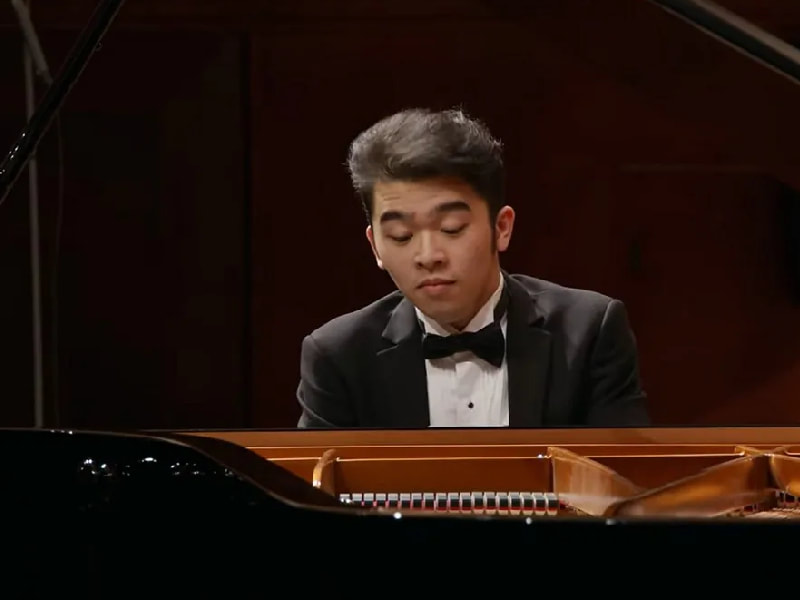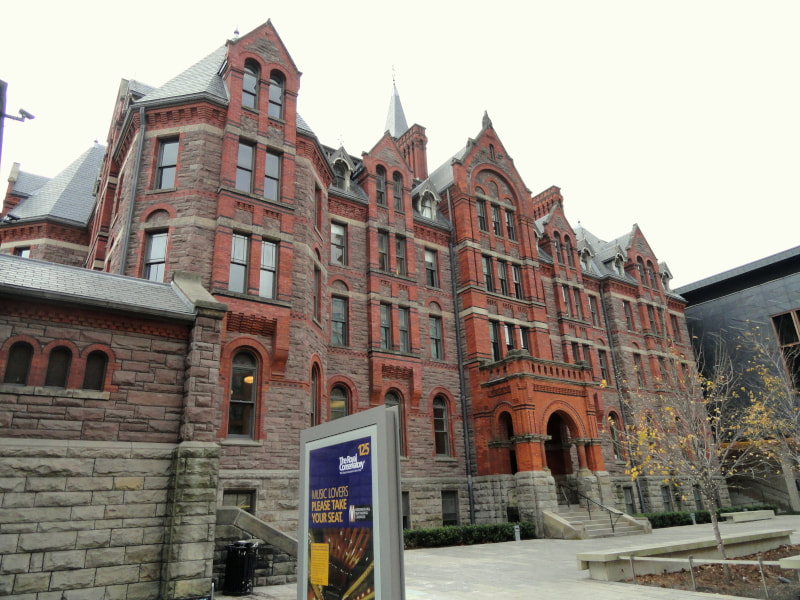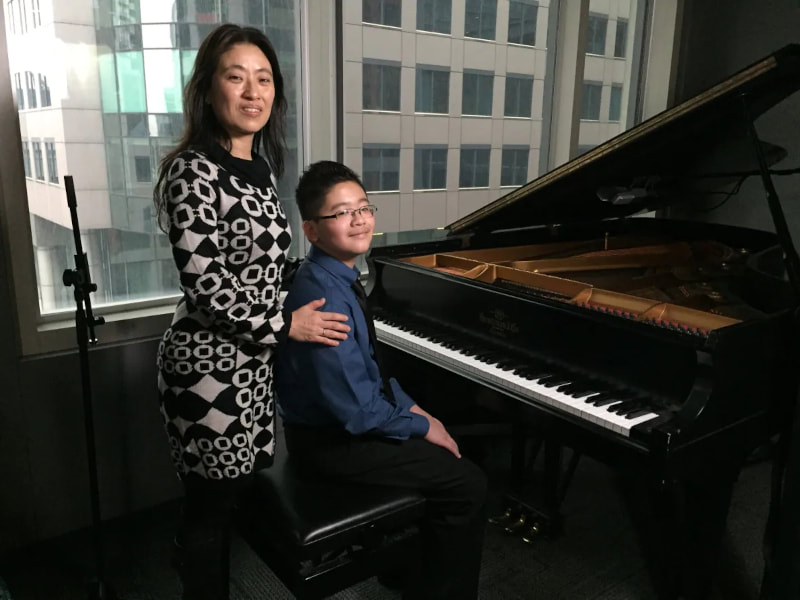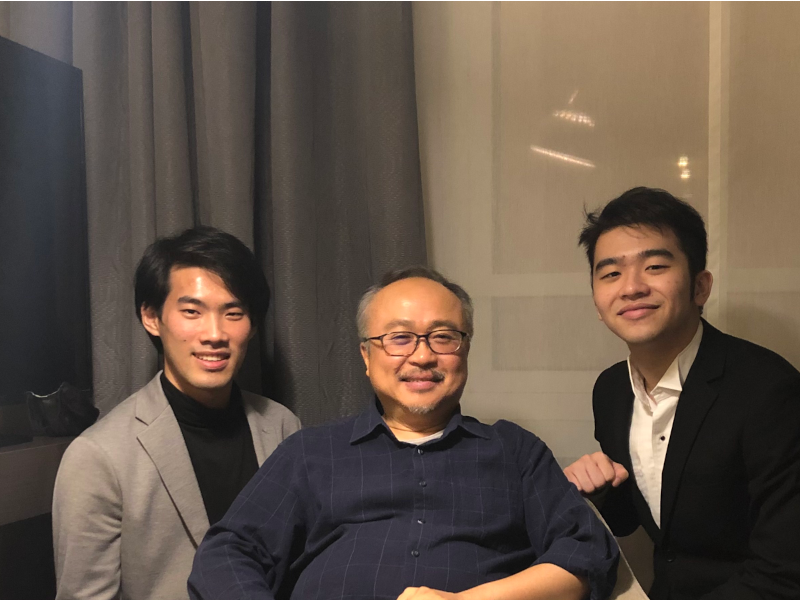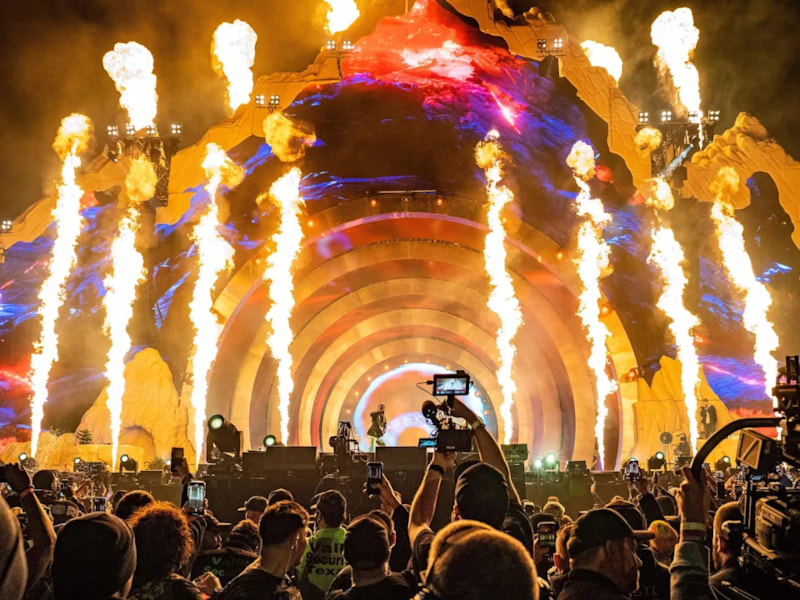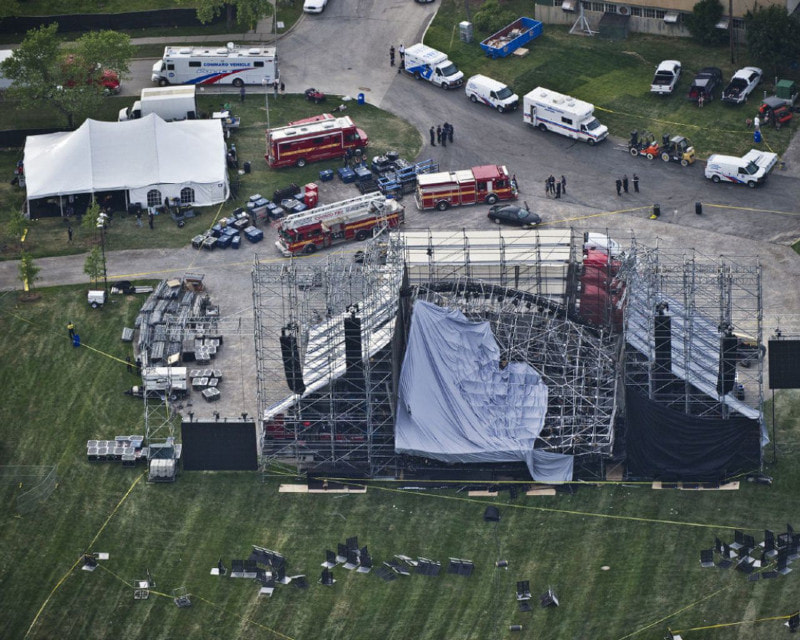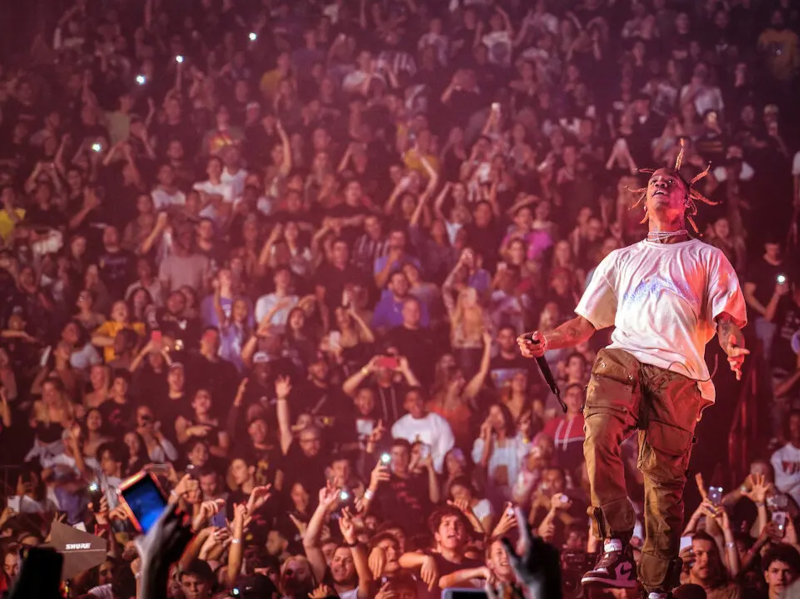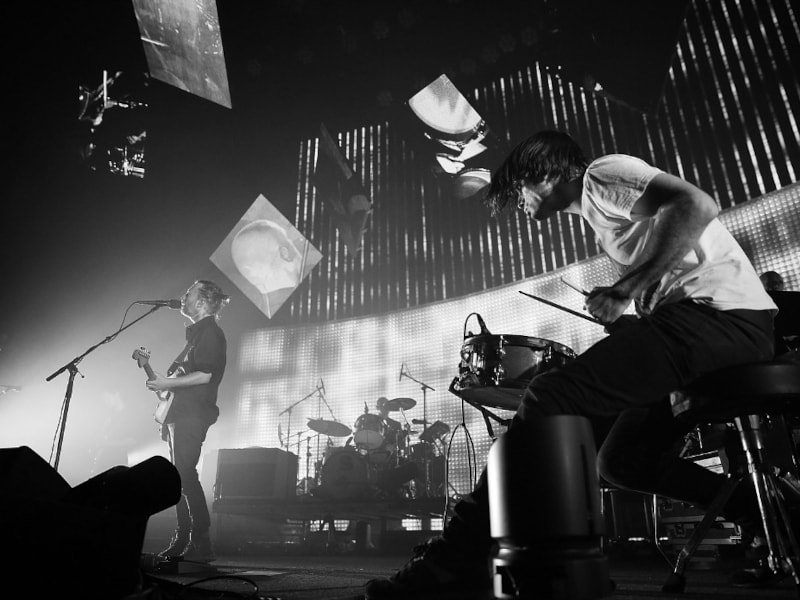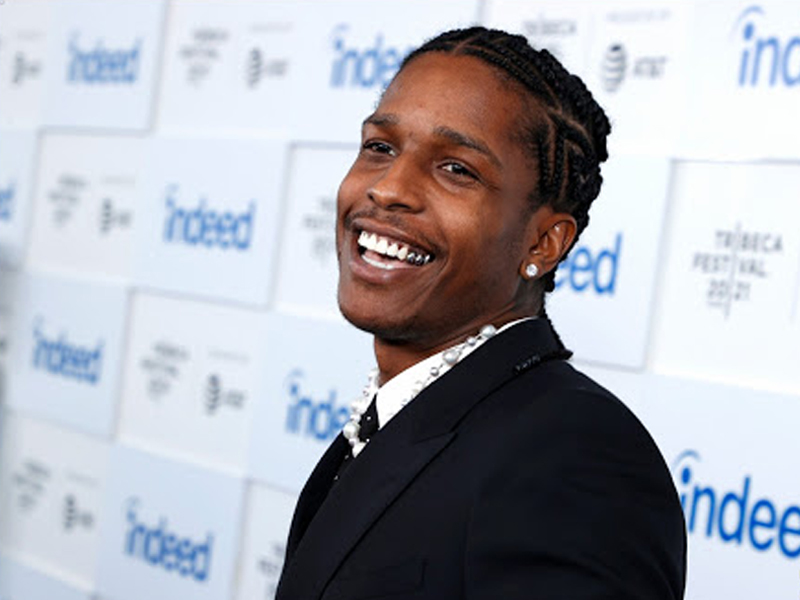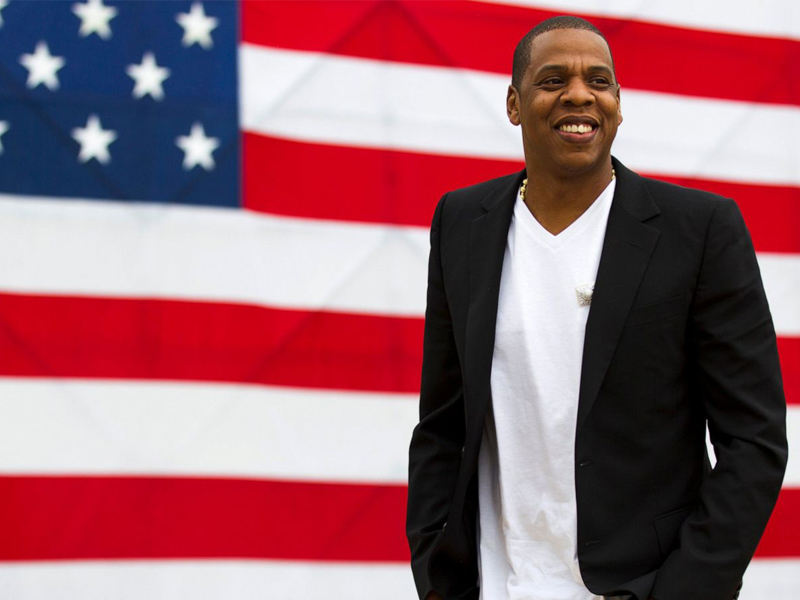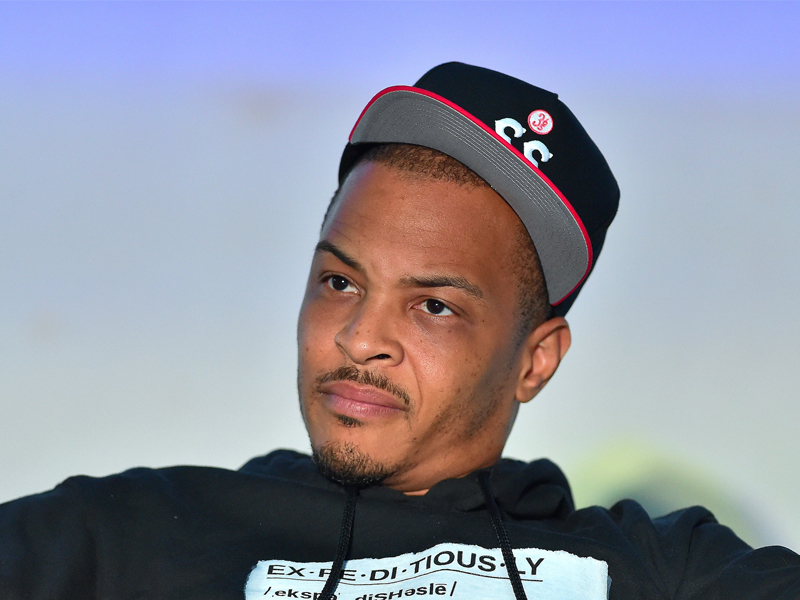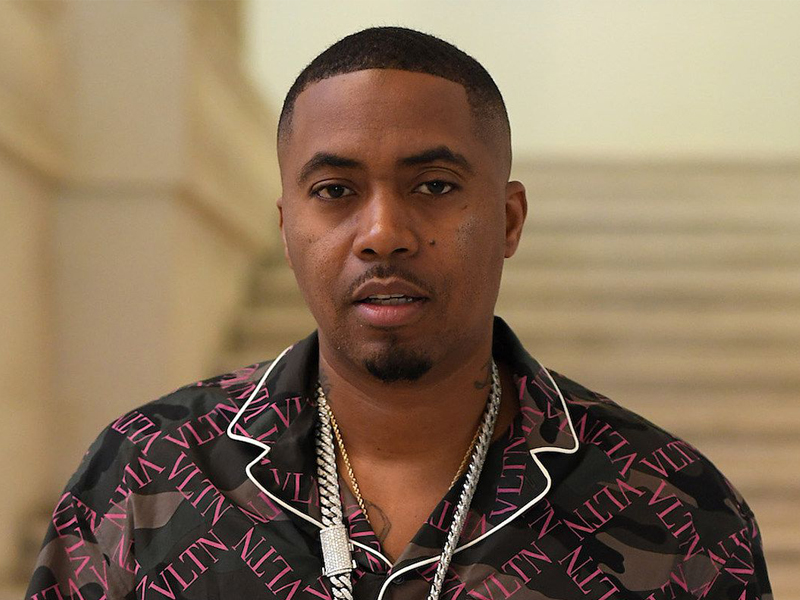|
By Minh Nguyen It was the final round in the prestigious 18th Chopin Competition, held in The National Philharmonic in Warsaw, Poland in October, this year. JJ Jun Li Bui (17), half-Vietnamese half-Chinese, seated by the piano – appeared calm and composed in a black suit. The orchestra around him played Frederic Chopin’s Concerto in E minor, Op. 11. Five minutes later, Bui joined in; synchronizing with the music. His fingers galloped and rippled with the modulation. He sat straight, body swaying; head leaning back and forth, closing his eyes and letting the music wash him over. © YouTube/ Chopin Institute The young pianist had a secret; he struck a balance between the heart and the mind. JJ Jun Li Bui, born in Toronto (2004), started playing piano at five. “At first, piano was just like any other interest,” said Sonia Wang, Bui’s mother. Then she realized “he learned it very fast,” when he won first place in a school competition at his seventh birthday. “If you use too much mind, the music will be boring. But if you put in too much heart, you will lose control.” – JJ Jun Li Bui. The 18th Chopin Competition is not only the most important competition for Bui, but also the culmination of his technical and emotional development. At the age of 11, he was enrolled at The Phil and Eli Taylor Performance Academy for Young Artists at The Royal Conservatory of Music - a prestigious music academy in Toronto - and studied under Israeli-Canadian pianist Micheal Berkovsky. A Julliard-trained soloist and teacher, Berkovsky met Bui before at a concert when he was nine. “He had the maturity of a 15-year-old and the patience of a 60-year-old. He could repeat something a thousand times until it works.” – Micheal Berkovsky, Bui’s teacher. For Bui, Berkovsky’s young age made him more relatable. “[Our relationship] is more like a friendship.” “If I want to influence a student,” said Berkovsky, “I have to give a bit of inspiration as a role model, or to connect with them personally. That’s why it’s good to break formalities sometimes.” What is hard to break is Bui’s concentration in his performance - “it didn’t matter if there was a tornado outside,” added Berkovsky. In the 2019 Cliburn Junior Competition in Dallas, Texas, a competition for pianists in the 13 – 17-year-old age range, Bui won the Peer award for nailing Chopin’s Ballade No. 4 in F Minor, Op. 52. This piece is “terrifyingly difficult,” said Peter Dugan, host of NPR’s From The Top, a podcast dedicated at discovering young music talents. The highlight is the exhilarating coda, preceded by a lull; “the calm before the storm,” as quoted by Dugan. “It feels almost like after a war, with bombs and everything,” said Bui, 14 at that time. “I feel like for [a] moment everything is silent; it’s not a comfortable silence, it’s like a deadly silence, and then the coda comes in and it’s like an explosion, a torment, and you just go for it.” This performance is just another win in Bui’s impressive résumé; he has performed around the world, either in solo performances or with orchestras. “Before, I would just let my fingers run wild,” says Bui. He learned how to use his mind from Dang Thai Son, a world-renowned Vietnamese Canadian pianist, who he met in Montreal in 2016 after being chosen as the winner for CBC Radio’s Piano Hero program. Dang then became Bui’s private teacher at Oberlin College and Conservatory in Ohio, where Bui is currently in his second year. “He’s the most amazing teacher you can have,” said Bui. “The most valuable lesson I’ve learned from him is to always try to improve yourself.” All this development leads up to the Chopin Competition, which began in 1927 and now held by the Fryderyk Chopin Institute. Twenty-four-year-old Toronto-based Bruce Xiaoyu Liu, also an Oberlin alumnus, won 1st place. “What stood out to me was that so many young people handled pressure like nothing,” said Berkovsky. Against the steep competition, Bui confesses he still struggles with stress, but he thinks “it will come.” Peer pressure is also a concern; “since there are a lot of good teachers, there are a lot of good students, too,” said Bui. “But now that I’ve got somewhere, I deal with it better now.” Bui knitted his brows and shredded the keys, surfing the piece to its climax. And when the conductor flicked his wand, the timpani thumped, the violins weaved, the audience gave a standing ovation. “If you love music, the most important thing is to not play for fame or money.” – JJ Jun Li Bui
By Minh Nguyen In 2012, the British band Radiohead was rehearsing on a stage in Downsview Park, Toronto, when the dome of the stage collapsed. Drum technician Scott Johnson, 33, was crushed by a 2,270kg monitor and killed instantly. A year later, the Ontario Ministry of Labour charged the staging company, Optex Staging & Services; the promoter, Live Nation Canada Inc.; and the head engineer, Dominic Cugliari, with 13 offences. However, the band and Scott’s family had to wait until 2019 to find closure. According to Sue Johnson, Scott Johnson’s mother: “They seem to have forgotten Scott in all this. They seem to forget that Scott lost his life because somebody made a mistake." After the crowd surge in the Astroworld concert in Houston, Texas, on November 5, rappers Travis Scott, Drake and promoter Live Nation received a $2 billion lawsuit. However, these lawsuits might not come to a satisfying end. As every organizer has to follow an “Occupier’s Liability.” According to R. Lee Akazaki, a Toronto-based Civil Litigation specialist: “People attending a concert expect a level of care from the people who invited them. But that doesn’t mean they’re liable for it.” He gave an example of The Beatles’ fans screaming and fainting at their concerts in the ‘60s; the band themselves were not responsible for the fans’ health. However, what could hold Travis Scott liable is his history of inciting violence at his concerts. He pleaded guilty twice for inciting a riot at one concert in Chicago in 2015 and another in Arkansas in 2017. In a 2015 interview, Scott said: “We don’t like people that just stand. Whether you’re Black, white, brown, green, purple, yellow, blue, we don’t want you standing around.” According to Akazaki, the likelihood of Drake being charged “depends on whether there’s provocation by inference. But you’re talking about [the audience] with free will here; they’re not members of a cult.” To hold Live Nation accountable, “we have to ask what they could have done that’s out of the ordinary.” According to concert safety expert Paul Wertheimer: “The layout [of the stage] could have worked, but it was overcrowded.” He also criticized the organizers for not having safety plans and only giving the executive producer and festival director the power to stop the show. “The idea that the promoter and the artist have more power than the police, more power than the fire marshal to control the safety of the crowd – are you kidding me? That’s a joke.” – Concert Safety expert, Paul Wertheimer On November 22, two security guards - Samuel and Jackson Bush - named 28 people and corporations, including Scott, in their lawsuits for the lack of training and preparation. The Houston Police Department might have had blood on their hand, too. They declared Astroworld a “mass casualty event” - 30 minutes before it finished and did not stop the concert. In a recently published statement, Edwin F. McPherson, Travis Scott’s lawyer noted: “This also runs afoul of HPD's own previous actions when it shut down the power and sound at this very festival when the performance ran over five minutes, back in 2019.” Even if Live Nation is culpable, whether or not they admit it is just another matter. In the Radiohead case, the charge was first declared a mistrial in 2017 because the original judge, Shaun Nakatsuru, moved to a higher court. Then the new judge, Ann Nelson, ruled in favour of the defendants because the case last too long - going over the 18-month ceiling for proceedings in provincial courts. In 2019, Dirk Huyer - Chief Coroner of Ontario, launched an inquest into Johnson’s death. He discovered that the stage did not have the truss component that the design required to support the roof. Head engineer Cugliari admitted the designs were sloppy, but he said he believed Optex used the trusses required. A Live Nation representative also expressed regret but did not apologize. On November 15, Astroworld claimed its youngest victim – 9-year-old Ezra Blount of Dallas died after a medically induced coma. The Blount family seek $1 million in damages, but it remains uncertain whether they will receive the amount or an apology from the defendants. “Usually, young people with no dependants only get a moderate amount,” added Akazaki. What do you think about the lawsuit? Leave us a comment here. By Nobetternina (@nobetternina) A$AP Rocky recently premiered a new documentary titled Stockholm Syndrome at the Tribeca Film Festival, which largely followed his arrest in Sweden back in 2019.
By Nobetternina (@Nobetternina)
After having to cancel last year’s festival because of COVID-19, Jay-Z’s Made in America is ready to return this September with some highly anticipated artists for their 10th anniversary.
By nobetternina (@nobetternina) At the end of the music video for his new single What It’s Come To, T.I. revealed that his next album will be his last, ending his career in the rap game.
By Nobetternina (@Nobetternina) Nas just brought his career back to where it all started, after inking a new deal with Sony Music.
|
Recent PostsCategories
All
Archives
December 2021
|
|
GET THE APP!
Listen to VIBE 105 anywhere you go!
|
OUR STATION
|
TUNE IN RADIO
|
STAY CONNECTED
|
Copyright © 2021 Canadian Centre for Civic Media and Arts Development Inc. Except where otherwise noted, presentation of content on this site is protected by copyright law and redistribution without consent or written permission of the sponsor is strictly prohibited.


